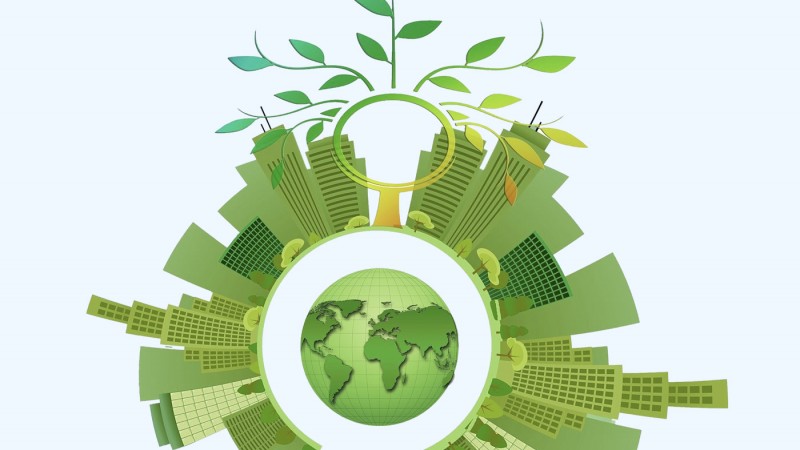Sustainability Doesn't Have to Be Expensive
- Details
- Written by Will from Holland
- Category: Articles

The intention to live a more sustainable life is often there for many people: eat organic food, make sustainable clothing choices, drink tap water rather than bottled, etc.
Use them smartly, and you can actually save money!
But when push comes to shove, the cheaper option is often still more attractive.
While shopping, do you buy free range eggs, or the less expensive battery caged ones?
Are your dog waste disposal bags the expensive compostable ones, or cheap plastic?
Is your car a hybrid, or a gas guzzler?
Sustainability and eco friendliness come with a price. But where does that high price come from?
And are the sustainable options for consumer goods really more expensive than the regular ones?
The higher price for a legitimate organic tomato or steak in the supermarket is mainly due to the labor-intensive production process and a lower yield per acre. Animals, for example, have more space and are fattened less quickly, so that takes time. And time = money. Eco friendly fruit and vegetables are usually produced on a smaller scale, need more caring, etc. The costs are all passed on to the consumer.
That's assuming you're buying a product that's really been created organically. More on that later. But simply saying the word "sustainable" and "organic" doesn't mean a product is either.
Not Throwing Away Food Saves You Money
Sustainability comes with a price, sure, but let's take a slightly different approach.
If you keep buying just as much food and clothing, sustainable products indeed cost more than regular ones. But use them smartly, and you can actually save money.
Take food: If you simply reduce food waste, you will buy less food in the long run. On average, this could save your family $150 per person, per year. Do the math!
Impulse Buying Is a Big Culprit
Most of us buy an awful lot of things that we don't always need. New clothes, just because they're on sale. A new mobile phone every two years. The production of phones is extremely harmful to the environment, and it's certainly not a cheap purchase. Additionally, we like to do our shopping at large discount shop, which a lot of the time are not know for selling quality products. Add that up, and buying the more sustainable product is actually cheaper in the long run!
And, when it comes to clothing, think about this for a moment: Growing cotton. A lot of water is used in the production process, and a lot of agricultural land is needed. That's money you pay!
Ask yourself whether you really need something first, or shop at second-hand stores, trade something with friends, etc. That is cheaper than new, guaranteed, and sustainable to boot.
False Sustainability Claims
Unfortunately, there are tons of companies that want to benefit from the higher selling price they can get for claiming sustainability or organic origins. FoolProof thinks that pretty rotten, but it is pretty common. It hurts the eco-friendly farmer, and you.
Shopping true eco-friendly or sustainable requires proper research, just like when making regular purchases. Research certified products with a quality mark to make sure you get what you pay for, always.
Sustainability on a Budget
Tips for sustainability on a budget:
Reduce your carbon footprint. Lower your heating or air-conditioning and adjust your attire. And, switch off stand-by while you're at it.
Rethink your interior with more easily replenished natural resources. Buy bamboo, cork, reclaimed lumber, or stainless steel, for instance.
Buy produce that's in season! You'll find, it's cheaper, and likely fresher.
Only eat meat once a week (max), and make sure it is organic.
Reduce your water usage.
Go paperless with your bills.
Buy second-hand.
Share a car within your family, or even with neighbors.













